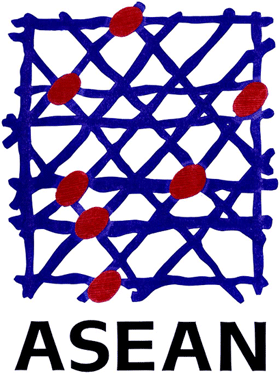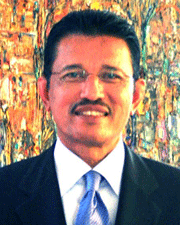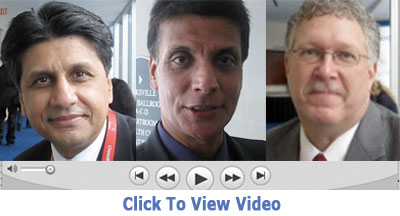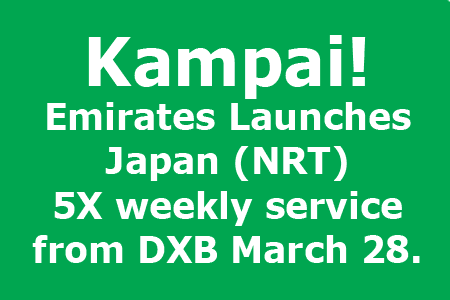Update ASEAN
China Free Trade
  The
world’s third largest free trade zone kicked off in China and
within the ASEAN (Association of Southeast Asian nations) last month. The
world’s third largest free trade zone kicked off in China and
within the ASEAN (Association of Southeast Asian nations) last month.
The
ACFTA (ASEAN-China Free Trade Agreement), covering around 1.9bn consumers,
is first being applied to China and six ASEAN countries
(Brunei, Indonesia, Malaysia, Philippines, Singapore and Thailand) that
are removing tariffs on nearly 7,000 groups of goods and services, i.e.
90% of intra-trade flows.
Meanwhile,
Cambodia, Laos, Myanmar and Vietnam have been granted a phasing-out
period until 2015 to lift import taxes on Chinese products.
The
new free trade zone is expected to further boost investment and trade
volumes within the area, not only commodity exports to China in particular
but also Chinese manufactured exports to ASEAN countries.
However,
competition, especially from China, will also grow, given similar industrial
structures between China and ASEAN.
The
latter represents the biggest threat for the least developed ASEAN countries
and many industries in the region.
China
has gone to great lengths to reach an agreement on the ACFTA as it is
likely to strengthen its regional dominance.
Although
trade tariffs have been reduced significantly over time, several countries
fear an invasion of low-cost Chinese goods benefiting from a weak RMB
and multiple subsidies.
But
all is not working as planned for all the ACFTA participants: Indonesia
is considering applying for a delay in removing tariffs in several less
competitive industries such as electronics, textiles or steel.
The
Indonesian government has sent a letter to China requesting a renegotiation
of the ASEAN-China Free Trade Agreement [ACFTA].
  “The
Director General for International Trade Gusmardi [Bustami] (left)sent
a letter of request to renegotiate with China. The request is still
in process and will take some time,” Industry Ministry M.S. Hidayat
announced. “The
Director General for International Trade Gusmardi [Bustami] (left)sent
a letter of request to renegotiate with China. The request is still
in process and will take some time,” Industry Ministry M.S. Hidayat
announced.
Hidayat
further said that Gusmardi had been communicating with the Chinese government
over the renegotiation, which he believed to be in progress. President
Susilo Bambang Yudhoyono previously said that he would pursue talks
with China to avoid negative impacts from the free trade deal between
ASEAN and China.
The
government is seriously tackling damaged roads and electricity shortages
to enable local industries and SMEs to face the implications of the
ACFTA.
"Infrastructure
problems remain something of concern to us. They have even triggered
inordinate increases in production costs in the country.
Therefore,
the government will focus its attention on this sector," Gusmardi
Gustami said.
The
government had also set up a special team to handle infrastructural
problems for anticipating ACFTA`s implications and opportunities for
the Indonesian economy, he told a seminar here.
Apart
from any possible implications, he was confident in the capability of
North Sumatra`s small- and medium-scale businessmen, particularly those
in the agro-business sector, to compete with Chinese products.
Over the past three years, Indonesia`s economic growth was also "good
enough".
Indonesian
exporters could expend their markets in such regions as Africa, Middle
East, and Asia, said Gustami, who serves as director general of the
trade ministry’s international trade cooperation.
At
the Association of Young Indonesian Business Community (HIMPI)-North
Sumatra Chapter organized seminar, Chairman of North Sumatran Forum
for SMEs Cahyo Pramono also expressed his confidence in the Indonesian
SMEs’ toughness in facing the ACFTA.
But
the government needs to take sides to local SMEs to make them stronger,
he said. ACFTA implementation triggered a public debate.
Concerning
with its negative impacts on the Indonesian economy, some called on
the government to renegotiate the agreement with China.
In
response to the call, President Susilo Bambang Yudhoyono recently admitted
that renegotiating the implementation of ACFTA was needed to prevent
the emergence of serious problems in the Indonesian economy.
The
ACFTA, based on an agreement signed in 2004, introduced zero tariffs
on 6,682 tariff posts in 17 sectors, including 12 in manufacturing and
five in agriculture, mining and maritime sectors.
Gordon Feller
|






